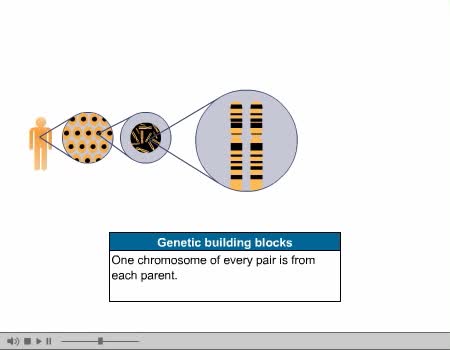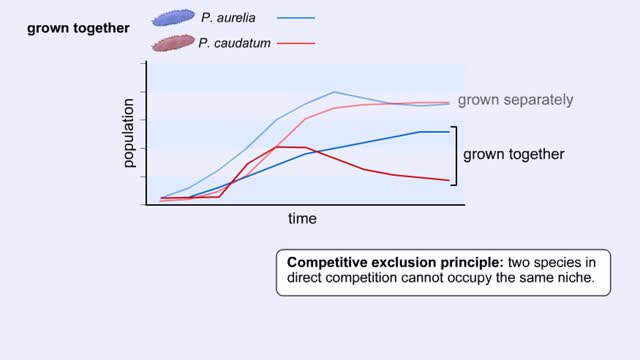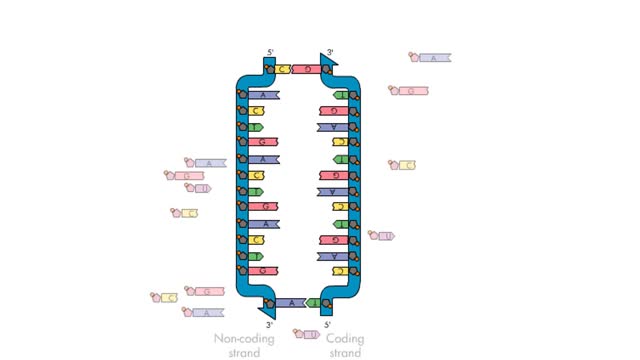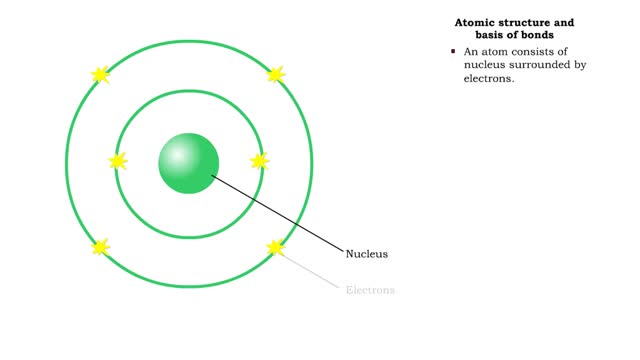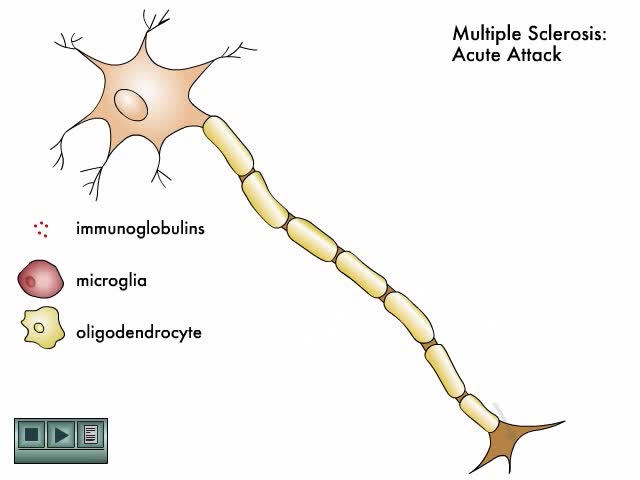Search Results
Results for: 'fundamental law of genetics'
Mendel's Principles of Inheritance (Father of Genetics)
By: HWC, Views: 11321
Gregory Johann Mendel, a monk living in the mid-1800's, is known as the "Father of Genetics" for his experiments with pea plants in the abbey garden. These experiments led him to deduce the fundamental law of genetics. Mendel was an Augustinian friar who entered, in 1843, the Abbey of St. Thom...
By: Administrator, Views: 14681
Genetics is a branch of biology concerned with the study of genes, genetic variation, and heredity in organisms. Gregor Mendel, a scientist and Augustinian friar, discovered genetics in the late 19th-century. Mendel studied "trait inheritance", patterns in the way traits are handed down from p...
By: Administrator, Views: 14814
Cancer refers to any malignant tumor. Incidence of cancer is five times higher than 100 years ago. Strikes 1 of every 3 Americans. Has become one of the more treatable of the major diseases in the U.S. Highly advanced surgical techniques Chemotherapy and radiation therapy Immunotherapy and ...
Interspecific Competition Relationship - Competitive & Niche Differentiation
By: HWC, Views: 11274
In an environment with limited resources, any organisms that utilize the same resources will be in competition with each other. For example, let's look at two competing species of paramecium, a single-celled organism that feeds on bacteria. If we raise each of these species in isolation, both...
Transcription—A molecular view
By: HWC, Views: 7276
Transcription, as related to genomics, is the process of making an RNA copy of a gene's DNA sequence. This copy, called messenger RNA (mRNA), carries the gene's protein information encoded in DNA. During transcription, a DNA molecule is copied into RNA molecules that are then used to translate...
Bond types - Atomic structure and basis of bonds
By: HWC, Views: 11995
• Chemical bonds are fundamental to the structure and function of many types of molecules, such as proteins, carbohydrates, lipids, nucleic acids, gases, salts and water. ■ These molecules are composed of atoms that are held together by three different types of bonds. • The three types ...
By: Administrator, Views: 14685
The precise source of diabetic issues in children is not known. However, aspects like genetics, household history, bad diet plan, etc. are considered as some of the diabetes causing aspects. In many of the cases, adolescent diabetes is a genetic (acquired at birth). diabetes symptoms in children ...
By: Administrator, Views: 14853
Multiple sclerosis (MS) is a demyelinating disease in which the insulating covers of nerve cells in the brain and spinal cord are damaged. This damage disrupts the ability of parts of the nervous system to communicate, resulting in a range of signs and symptoms, including physical, mental, and so...
By: Administrator, Views: 14811
Bipolar disorder, previously known as manic depression, is a mental disorder that causes periods of depression and periods of abnormally elevated mood. The elevated mood is significant and is known as mania or hypomania, depending on its severity, or whether symptoms of psychosis are present. Dur...
Advertisement




